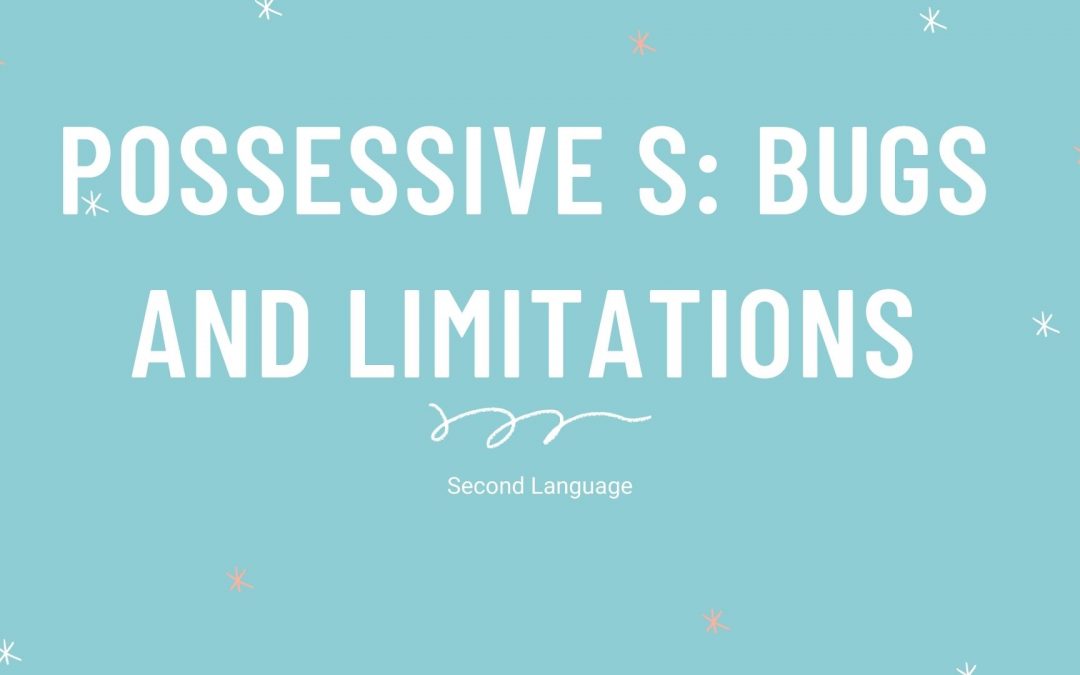


Relatively Speaking
You might be asking what we are relatively speaking about, which is a fair question. In this blog, I want to start looking at relative clauses, like the one I stuck onto the end of the previous sentences with a which and the one I’m making now without bothering to put...
Present Perfect II: The Past as a Hangover
Problems, problems… In my last blog, I explained why the English Present Perfect tense can be tricky to get right for non-native speakers. Many languages use a similar form to talk about the recent past, reserving the “regular” past tense for more “historic” events....
